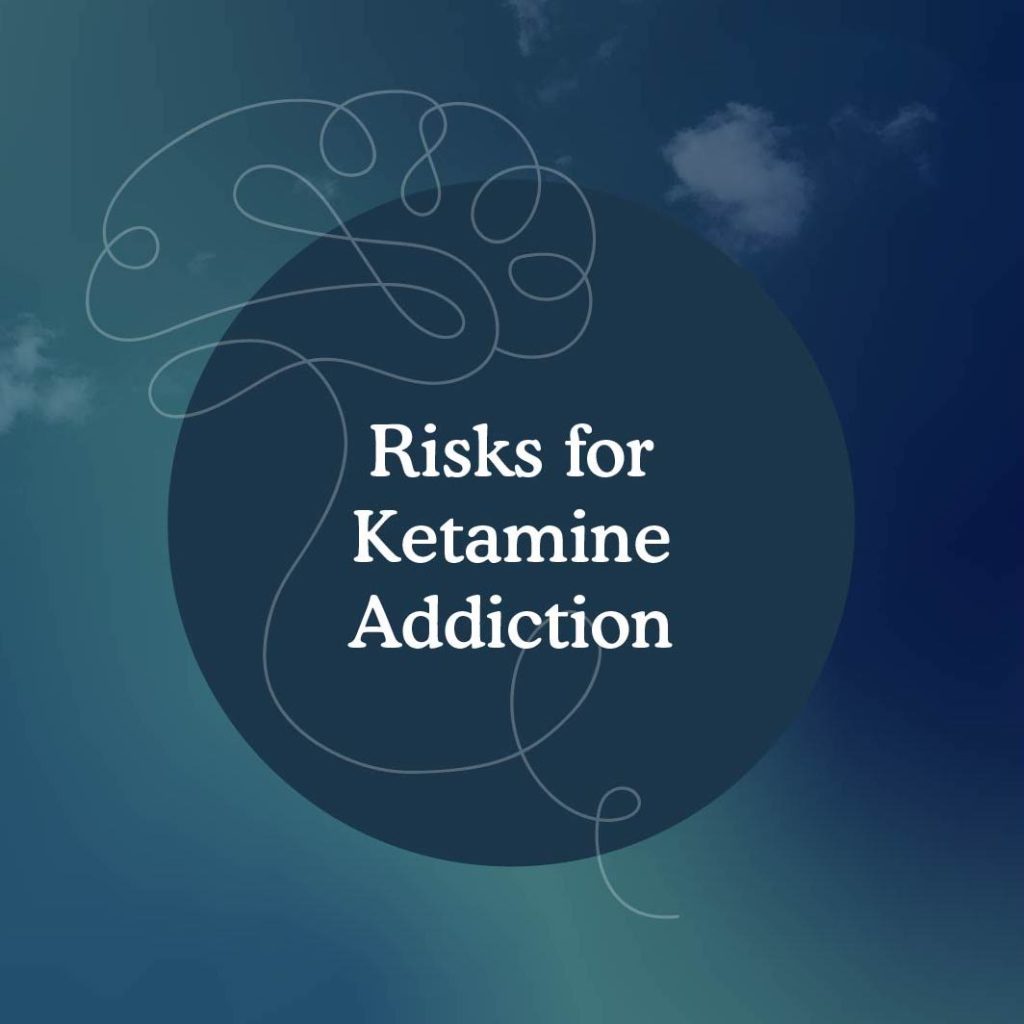
If one were to search “psychedelics and addiction” in Google, they would be likely to find a mix of addiction support centers treating psychedelic abuse as well as addiction support centers which utilize psychedelics to facilitate recovery from addictions. While there have certainly been individuals who have misused and abused various psychedelic substances, there is also quite a history of psychedelics being used to end addiction.
In a letter to Representative Madeleine Dean of the U.S. House of Representatives, Assistant Secretary Miriam E. Delphin-Rittmon of the U.S. Substance Abuse and Mental Health Services Administration (SAMHSA) shares:
“SAMHSA agrees that too many Americans are suffering from mental health and substance use issues, which have been exacerbated by the ongoing COVID-19 pandemic, and that we must explore the potential of psychedelic-assisted therapies to address this crisis.”
John Hopkins University has explored the use of psilocybin for smoking cessation with promising results. Ketamine seems to support abstinence from heroin and alcohol. Even one of the founders of Alcoholics Anonymous believed LSD could provide a spiritual experience which would help members stay sober.
Is it Possible to Become Addicted to Ketamine?
A recent article from the University of Geneva addresses how ketamine’s risk of addiction is relatively low: “Addictive drugs such as cocaine increase the levels of dopamine in the nucleus accumbens. This facilitates synaptic plasticity in the mesolimbic system, which… eventually drives the transition to compulsion.” Ketamine on the other hand, “does not induce the synaptic plasticity that is typically observed with addictive drugs.” While certain functions of ketamine would seem to increase risk for addiction, ketamine also has built-in “off-switches” for these risk factors.
In other words, despite some similarities with other drugs that can lead to addiction, there are key differences in the way ketamine interacts with parts of the brain that ultimately decrease the risk of addiction.
While the chances of physical dependence on ketamine is low, any behavior or substance that influences our mood and consciousness carries the risk of addiction–such is the case with gambling, pornography, or shopping. For those who have been struggling with depression or other distressing mental health conditions for a long time, the psychedelic space that ketamine takes them may feel like a tempting escape from their everyday lives. This is where psychedelic integration comes in.
Psychedelic integration, or the type of specialized talk therapy that accompanies ketamine treatments in ketamine-assisted psychotherapy, engages KAP participants to metaphorically “build a bridge” between the psychedelic space that they enter during their ketamine treatments and their everyday life–helping them to be able to access the insights and adaptive ways of thinking when they are not tripping on ketamine. During integration patients may be invited to practice other means of accessing non-ordinary states of consciousness such as meditation, dance, or breathing exercises. Integration is also an important part of preparing for one’s next journey by ensuring that one’s mindset is appropriate for engaging in KAP. Finally, integration is a great time for patients to talk to their therapist about any concerns they may have regarding any tendency toward addictive behaviors or emotional avoidance, so that extra attention can be given to developing more appropriate coping skills during their treatment period.